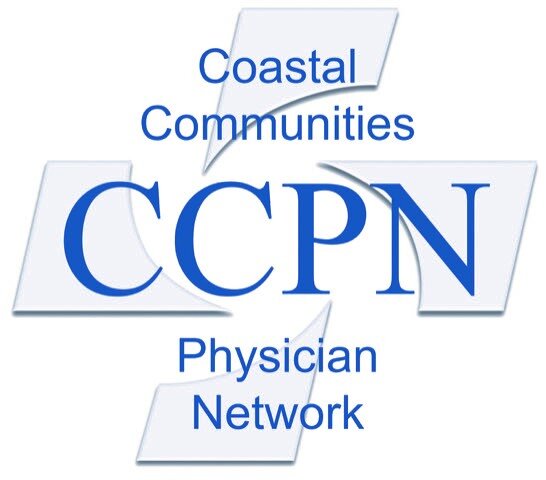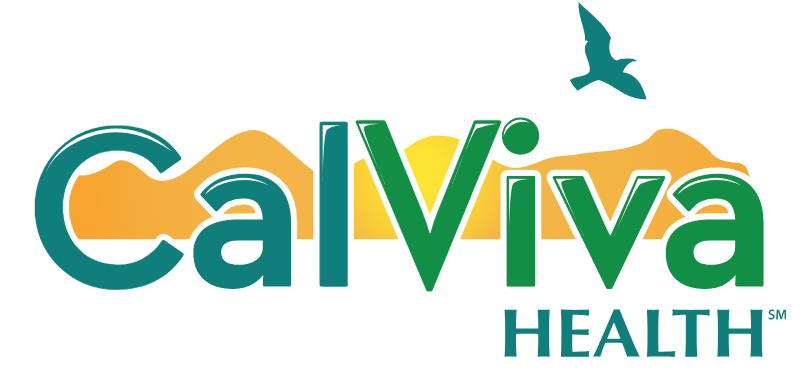
Support is paramount.
If you’re the parent or guardian of a younger eating disordered client, know that you’re not alone. Using Family-Based Treatment (FBT), we offer guidance for parents and guardians so they can confidently support their children through recovery.
What is Family-Based Treatment?
Family Based Treatment (FBT), also known as The Maudsley Approach, is based on creating a positive at-home support system for eating disordered children. During outpatient treatment, parents play an active role in their child’s recovery by guiding the adolescent through three steps.
Step 1
The first step is to restore the child’s weight to a normal range dependent on age and height. This requires parents to take back control of the adolescent's meals, as opposed to allowing the eating disorder to control household meals.
Step 2
The second step is to give control over eating back to the adolescent, while continuing to encourage ongoing healthy behaviors and habits. This phase is initiated once the adolescent and family have regained control from the eating disorder.
Step 3
The third and final step is to assist in the establishment of a healthy adolescent identity once self-starvation has subsided. This includes supporting personal autonomy for the adolescent and developing clear parental boundaries.
Support is for everyone.
Whether your child is struggling with extreme picky eating or your child cannot stop eating, we’re here to help. We work with parents of children struggling not just with Anorexia Nervosa and Bulimia Nervosa, but also those struggling with significant weight fluctuations, Avoidant Restrictive Food Intake Disorder (ARFID), and other issues affecting growth and mental health.
We can also be a resource for families with children who:
May be on the cusp of developing an eating disorder
Have deviated from their normal growth curve
Are having difficulty navigating food allergies
Have developed eating issues related to early childhood trauma
Regardless of the issue your child is facing, we’ll work closely with you to help you understand and implement a tailored meal plan. You’ll walk away equipped with tips on how to effectively support your child through each meal, as well as psycho-education on disordered eating and eating disorders, feeding practices, nutrition for sound development, and debunking diet myths.
Want to learn more about parental support? Contact us »
What is a Pediatric OT?
Having Amy apart of The Yellow House Project truly makes our practice one of a kind.
OT stands for Occupational Therapist. Pediatric eating disorders and motor skills often go hand-in-hand. Amy can help your child to strengthen fine motor skills, sensory motor skills, and visual motor skills, all necessary to help them socialize and thrive.
Read more about Amy’s practice, Grow Forward Occupational Therapy.












